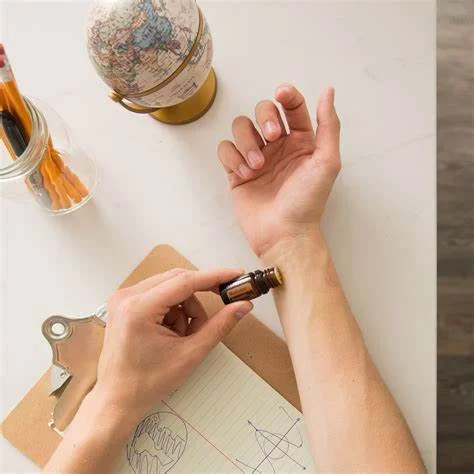- 1-What-Are-Essential-Oils-For-Topical-Application
- 2-Benefits-Of-Topical-Essential-Oils
- 3-How-To-Apply-Essential-Oils-Safely
- 4-Popular-Essential-Oils-For-Skin-Application
- 5-Dilution-And-Usage-Guidelines
- 6-Common-Mistakes-And-Safety-Considerations
- 7-User-Experience-And-Stories
- 8-Where-To-Buy-Quality-Essential-Oils
1. What Are Essential Oils for Topical Application?
Essential oils for topical application are concentrated plant extracts designed to be applied directly to the skin, often diluted in carrier oils. Unlike aromatic use, topical application targets skin health, muscle relief, and localized therapeutic benefits. These oils contain bioactive compounds that can penetrate skin layers, influencing wellness in specific areas.
2. Benefits of Topical Essential Oils
Applying essential oils topically can soothe muscle tension, promote skin health, and provide calming effects. Many users find relief from headaches, inflammation, and minor skin irritations. Oils like lavender, peppermint, and tea tree are prized for their antimicrobial and anti-inflammatory properties when used on the skin.
3. How to Apply Essential Oils Safely
Safe application involves diluting essential oils with carrier oils such as jojoba or coconut oil to minimize irritation. Patch testing before full use is crucial to check for allergies. Application techniques vary from gentle massage to spot treatment, always avoiding sensitive areas like eyes and mucous membranes.
4. Popular Essential Oils for Skin Application
Some widely used essential oils for topical use include:
- Lavender: for calming and skin soothing
- Tea Tree: known for antimicrobial effects
- Peppermint: for cooling and pain relief
- Frankincense: for skin rejuvenation
- Eucalyptus: for muscle and respiratory support
5. Dilution and Usage Guidelines
Essential oils should generally be diluted between 1-5% depending on the intended use and skin sensitivity. For children or sensitive skin, lower concentrations are recommended. Following manufacturer instructions and consulting with aromatherapy experts ensures optimal safety and effectiveness.
6. Common Mistakes and Safety Considerations
Overusing essential oils, applying undiluted oils, or neglecting patch tests can cause skin irritation or allergic reactions. Pregnant or nursing individuals should consult healthcare professionals before use. Awareness of photosensitivity caused by certain oils, like citrus varieties, helps prevent adverse effects.
7. User Experience and Stories
Many users report enhanced skin texture and reduced discomfort with consistent topical essential oil use. One user shared, “After applying diluted lavender oil nightly, my skin felt calmer and more hydrated.” Such stories highlight the practical benefits and personal satisfaction derived from topical essential oil application.
8. Where to Buy Quality Essential Oils
To ensure safety and potency, purchasing from reputable sources is key. Scent Snob offers a curated selection of high-quality essential oils suitable for topical use, with transparency about sourcing and testing. Their expertise guides users toward the best products tailored to individual needs.


0 comments